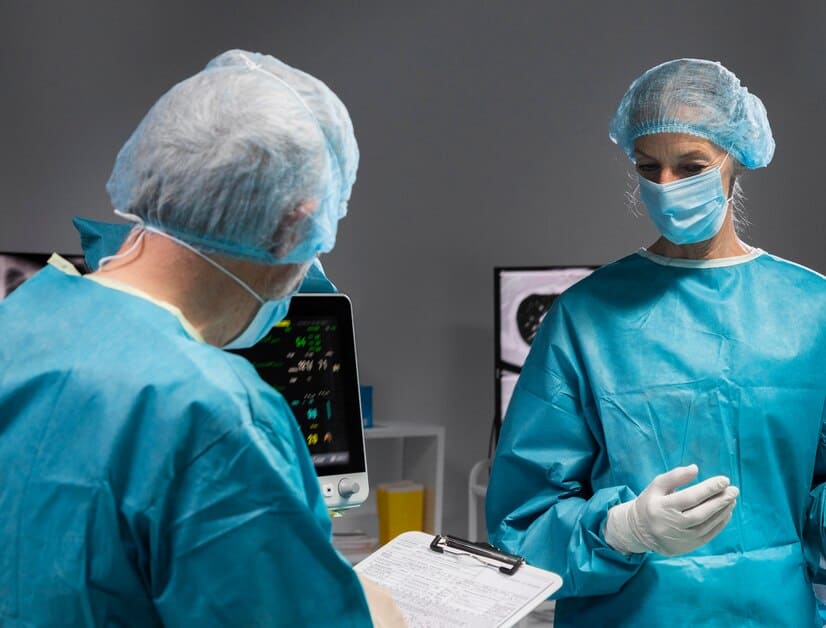Recent Services
- Otology
- Cochlear and Hearing implants
- Nose and Sinus (Rhinology)
- Voice and Throat (Laryngology)
- Dizziness and Vertigo (Neuro-otology)
- Children (Paediatric) ENT
- Snoring and sleep-apnea
- Head and neck cancer
- Thyroid swelling
- Head neck swelling
- Nasal Allergy- Allergin rhinitis
- Difficulty in swallowing
- Difficulty in breathing

Difficulty in swallowing or dysphagia, can arise from various underlying issues, including inflammation, infections or structural abnormalities in the throat or esophagus. Patients may experience pain, discomfort or a sensation of food getting stuck. This condition can impact nutrition and overall quality of life, making it crucial to identify the root cause. Comprehensive evaluation involves a detailed patient history, physical examination and diagnostic tests such as endoscopy or barium swallow studies. Treatment options may include dietary modifications, medications or surgical interventions, depending on the severity and cause. Our goal is to provide personalized care to restore normal swallowing function and improve patient well-being. Prompt diagnosis and targeted therapy are essential for effective management and relief of dysphagia.





